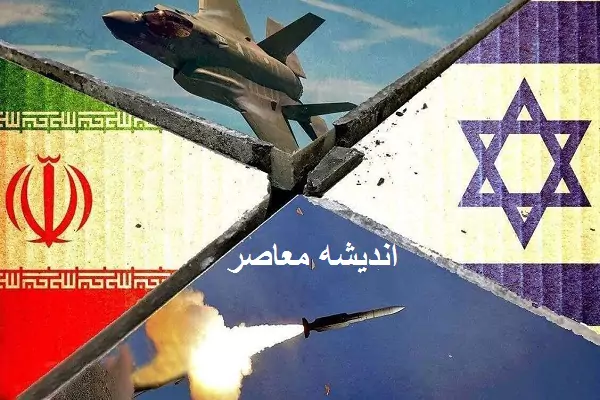
Heightened Tensions: Regional Powers Assess Readiness Amidst Speculation of Renewed Conflict
Former Israeli Minister Warns of Potential “Second Phase”
Recent statements from Yoav Gallant, former Minister of Defense of Israel, have intensified concerns over the potential for a renewed military confrontation. Gallant suggested that a “second phase” of war could be imminent, a sentiment echoed by regional analysts who point to increased military preparedness and shifting political postures as indicators of escalating tensions.
Iranian Officials Signal Dual Posture of Readiness and Diplomacy
In response to these developments, Iranian diplomatic and military figures have articulated a clear, two-pronged position. Jalal Sadatian, a former Iranian diplomat to the UK, noted that observable military preparations by Israel are also reflected in the behavior of its allies. He further highlighted recent coordinated statements within the Islamic Republic that simultaneously emphasize the unwavering protection of national security and sovereignty, while also expressing a readiness for negotiated solutions.
This dual approach was underscored by comments from senior military officials. Brigadier General Mohammad Pakpour of the Islamic Revolutionary Guard Corps (IRGC) stated unequivocally that any aggression from Israel would be met with a “decisive and crushing response.” Echoing this sentiment, Hojatoleslam Pourkhaghan, head of the Armed Forces Judicial Organization, confirmed that the IRGC maintains a state of complete readiness, warning that any repeat of Israeli aggression would result in a retaliatory strike far more consequential than previous engagements.
A Crossroads: Diplomacy or Escalation?
The central question now facing the region is whether this standoff will be resolved through dialogue or descend into a new military conflict. Some former Iranian parliamentarians, such as Falahatpisheh, have cautioned that a second war would be catastrophic on an apocalyptic scale, a outcome all rational actors seek to avoid.
Analytical perspectives suggest that the current positions of Iran and the United States may be closer to alignment on seeking a diplomatic off-ramp than those of the U.S. and Israel. There is a growing belief that an international initiative to break the current deadlock is being sought by most parties involved. The recent arrival of international inspectors in Iran is cited as a potential sign of such emerging diplomatic efforts. The nature of the relationship between Iran and international agencies is viewed as a critical factor that could play a significant role in shaping broader regional dialogues.
The international community now watches closely to see if diplomacy can prevail over the drumbeat of war.


